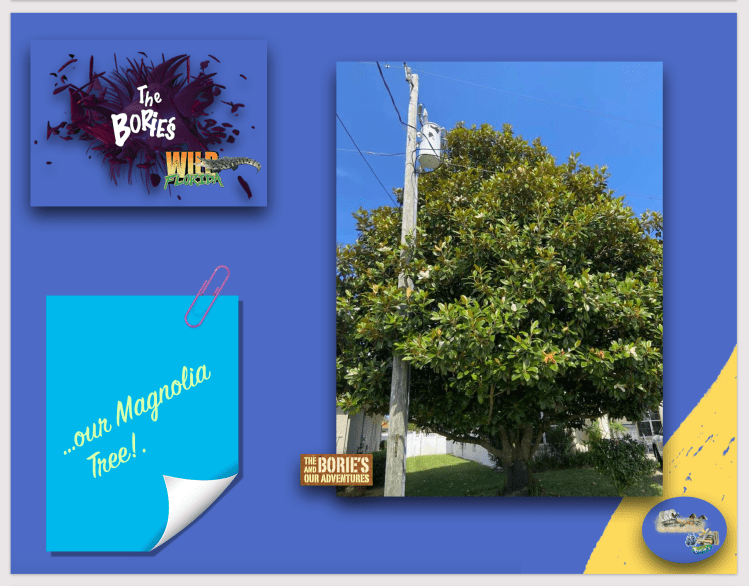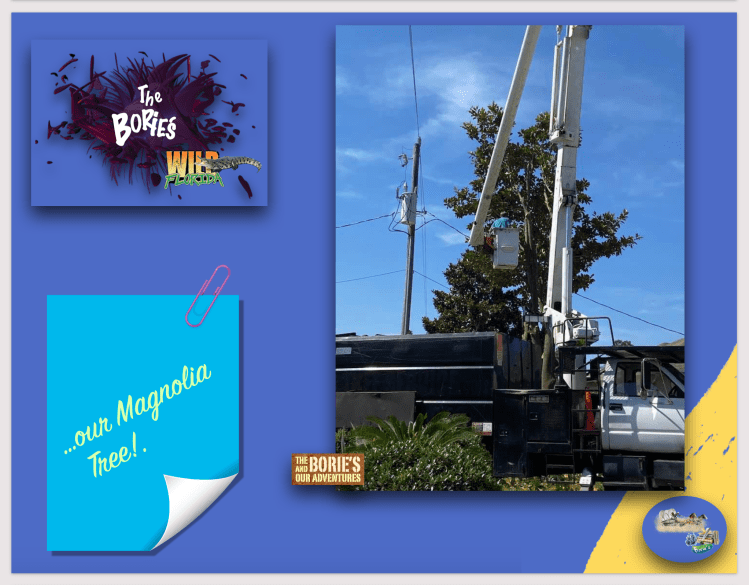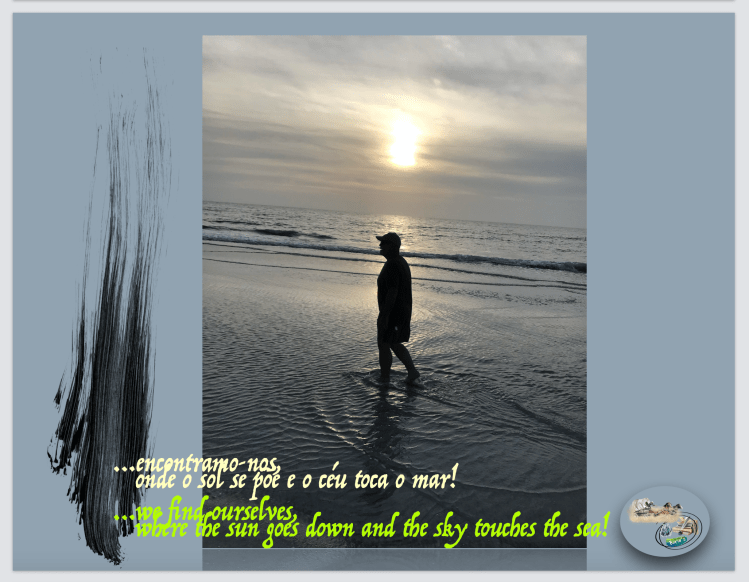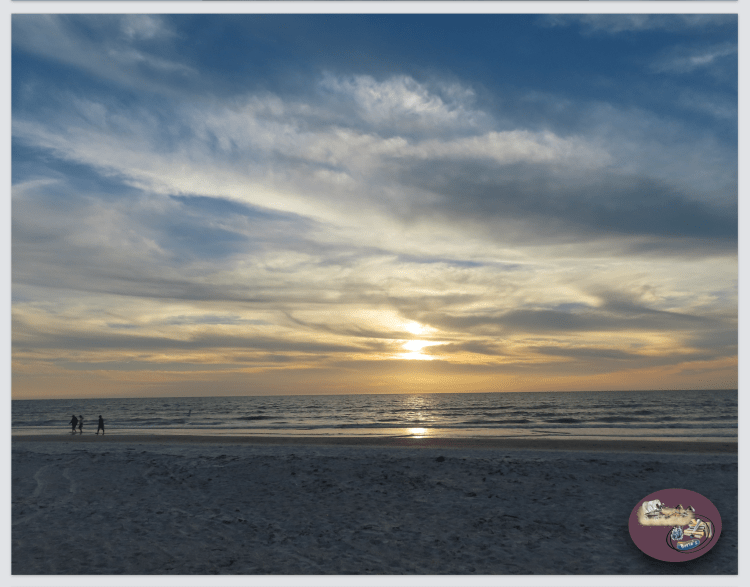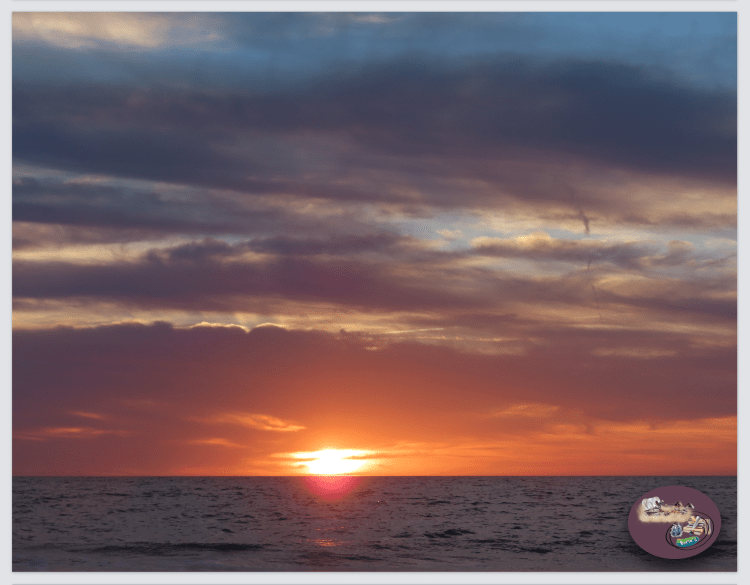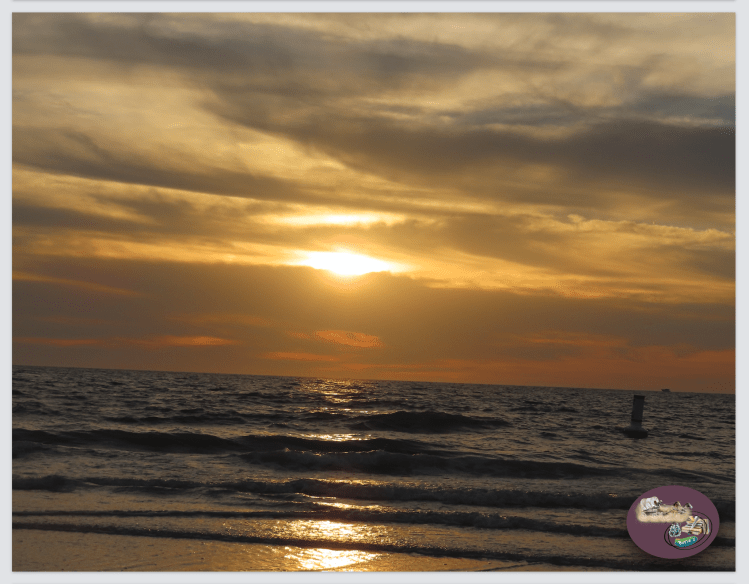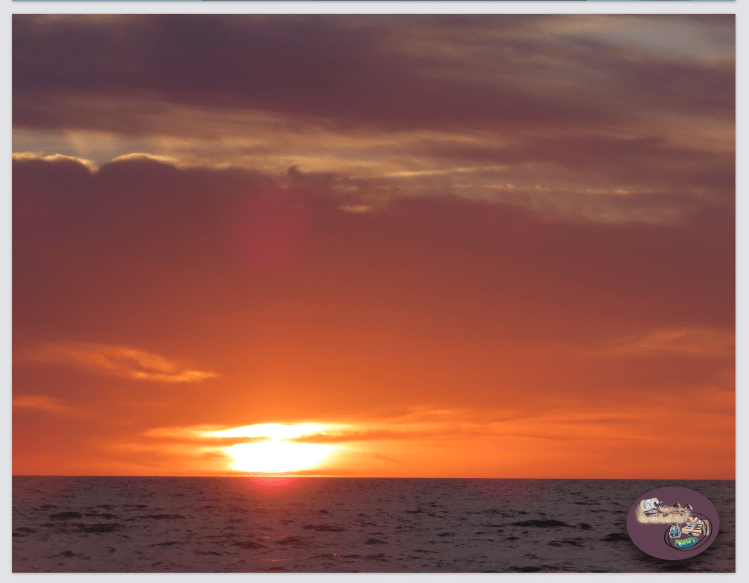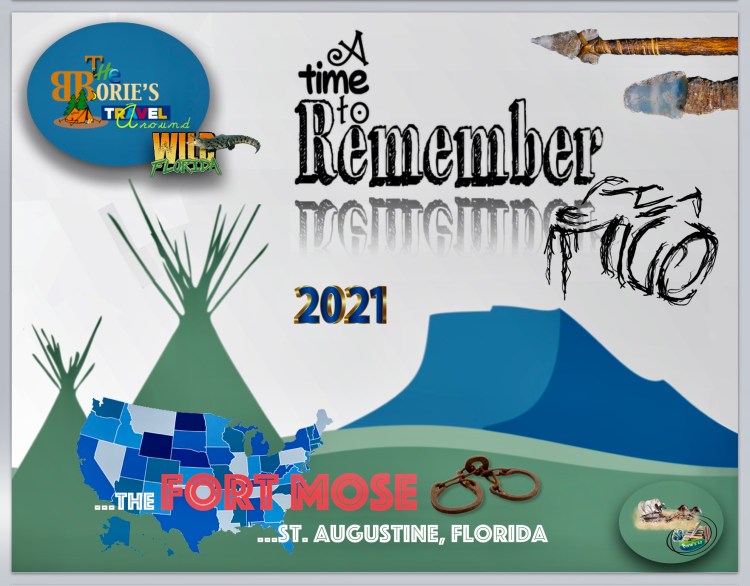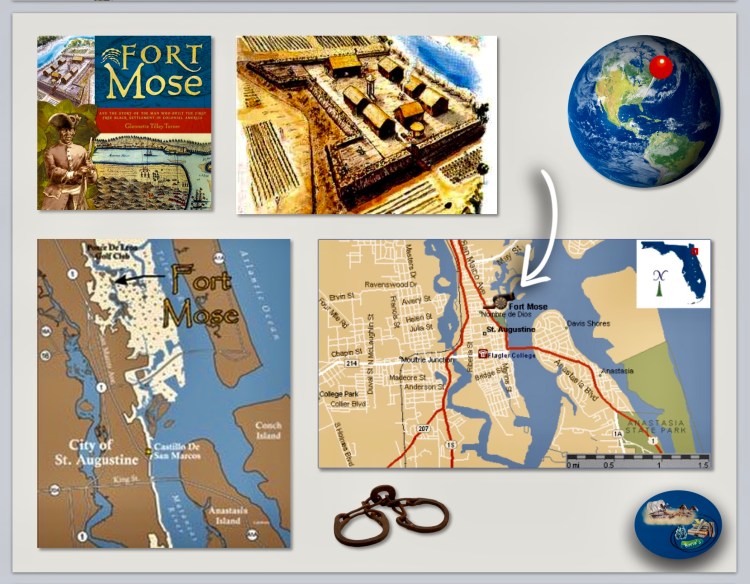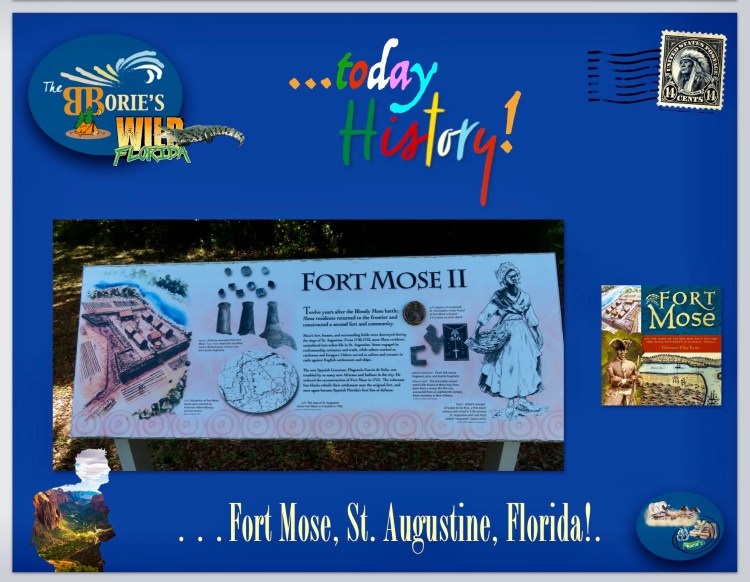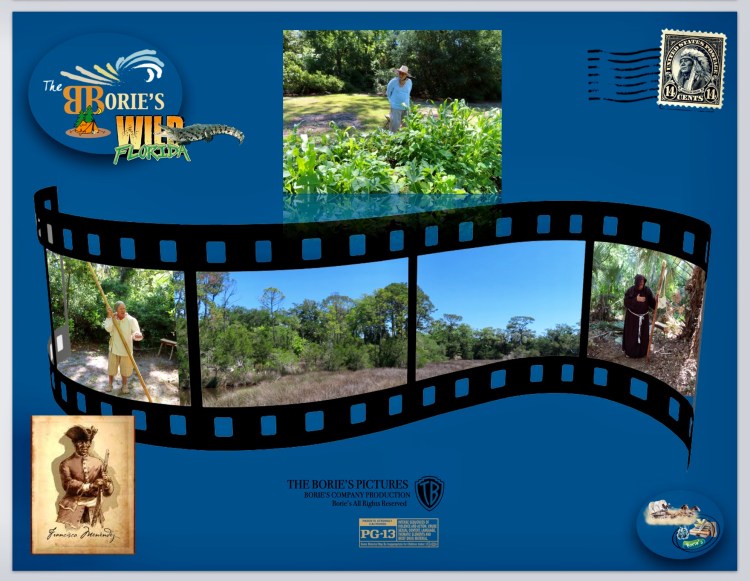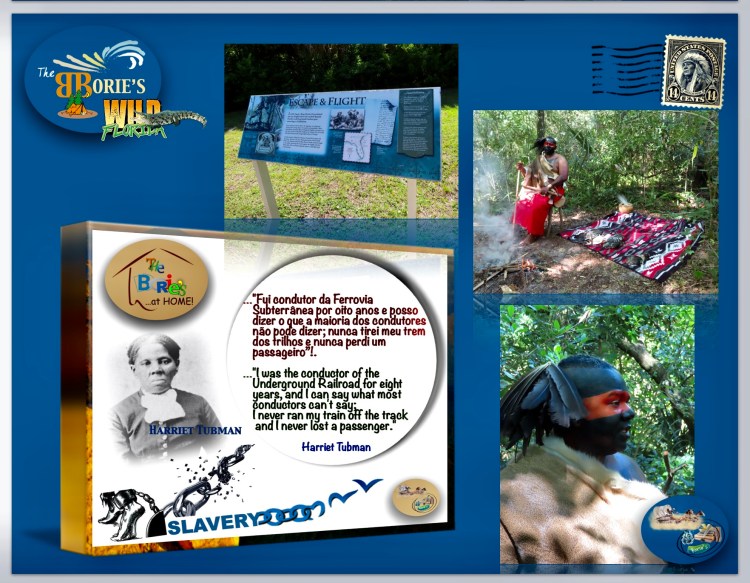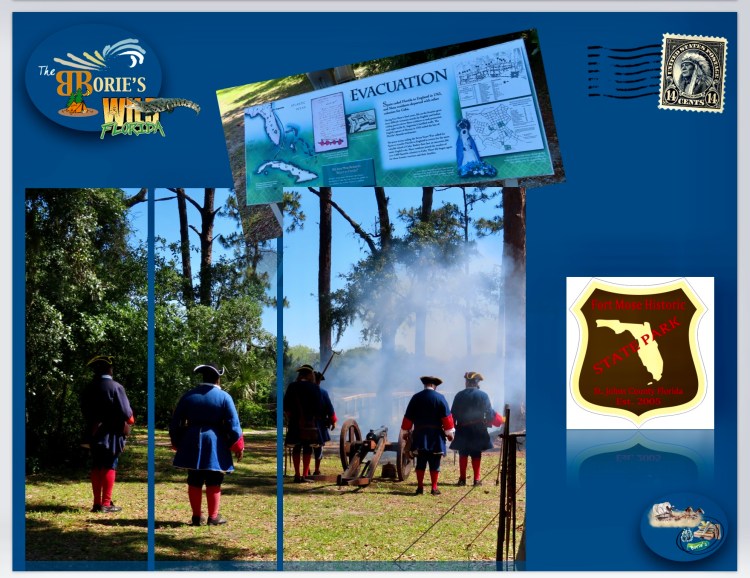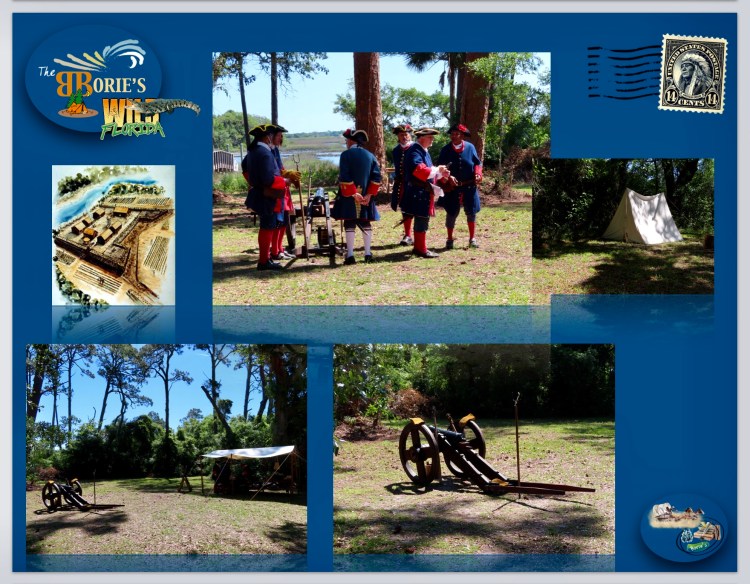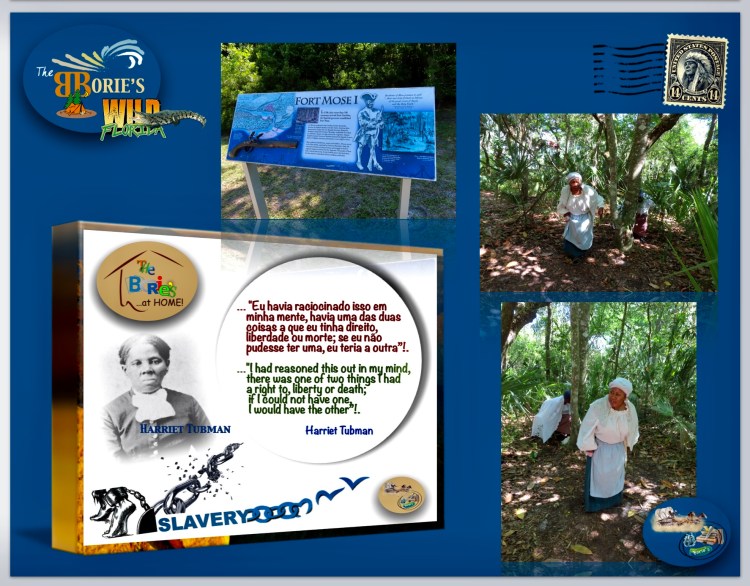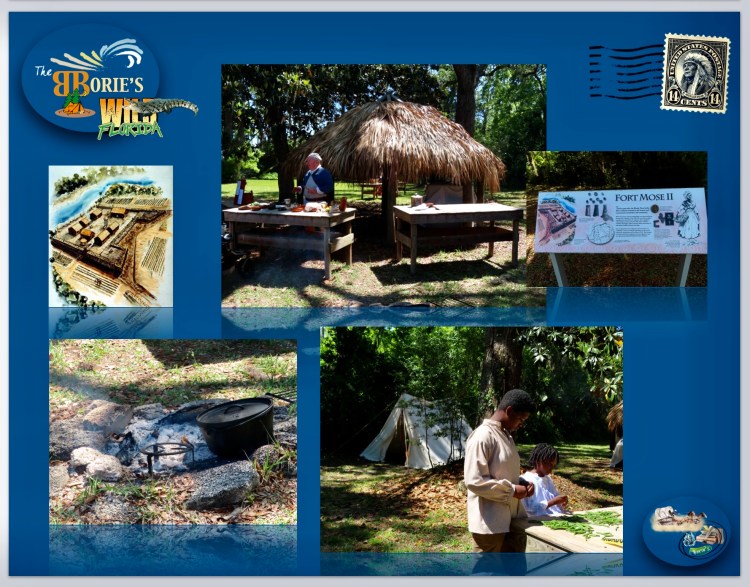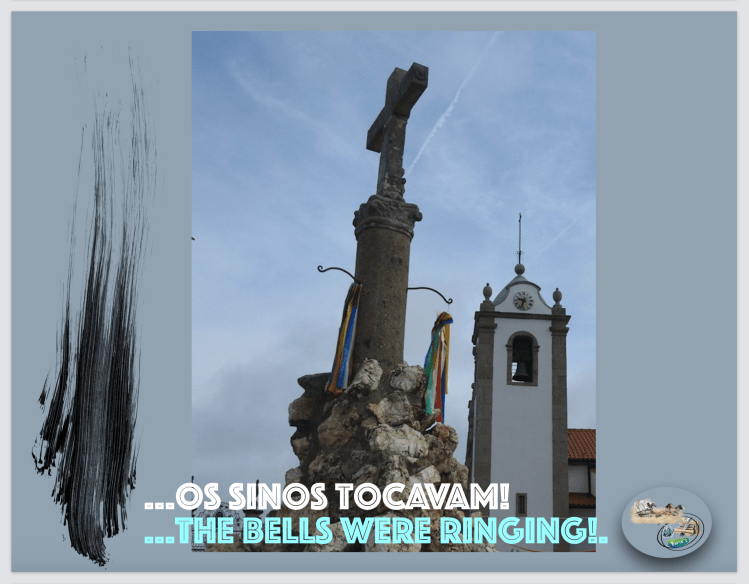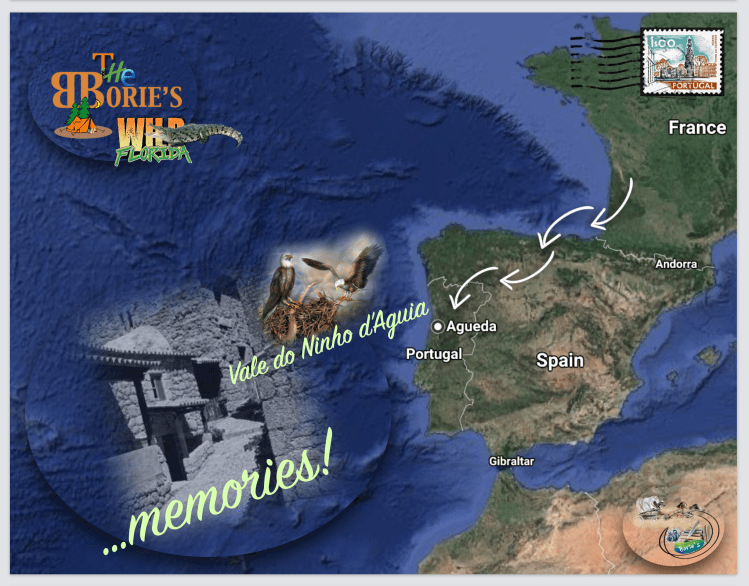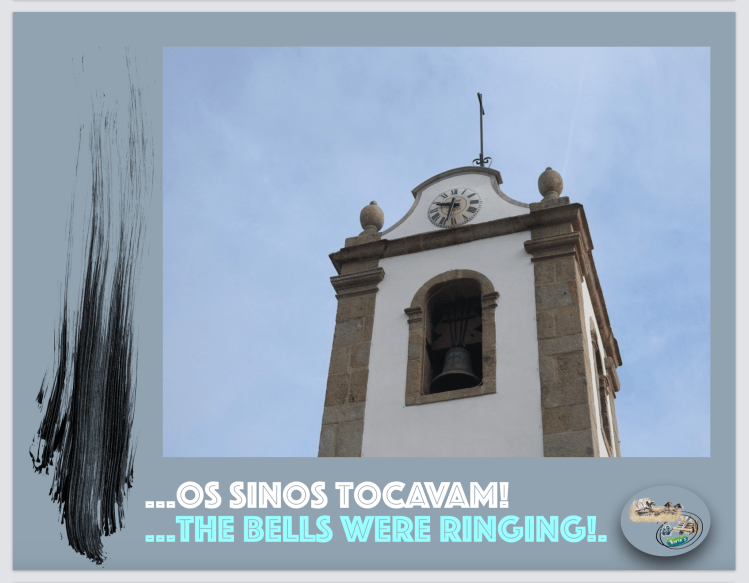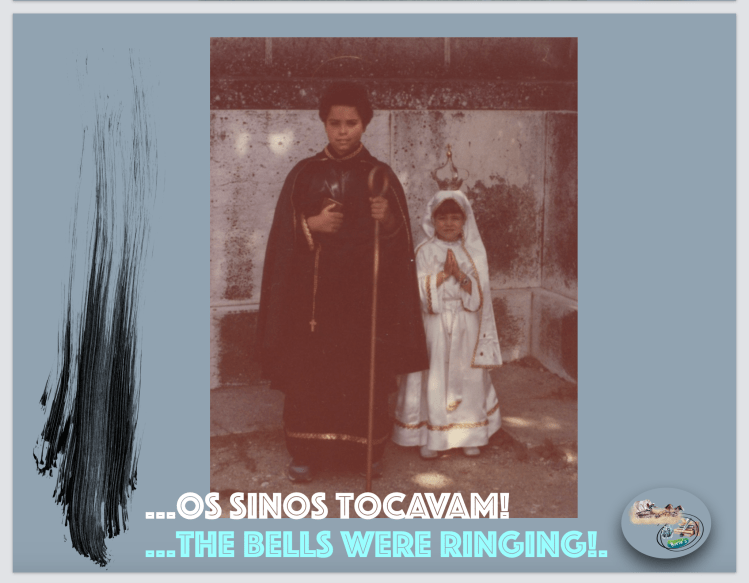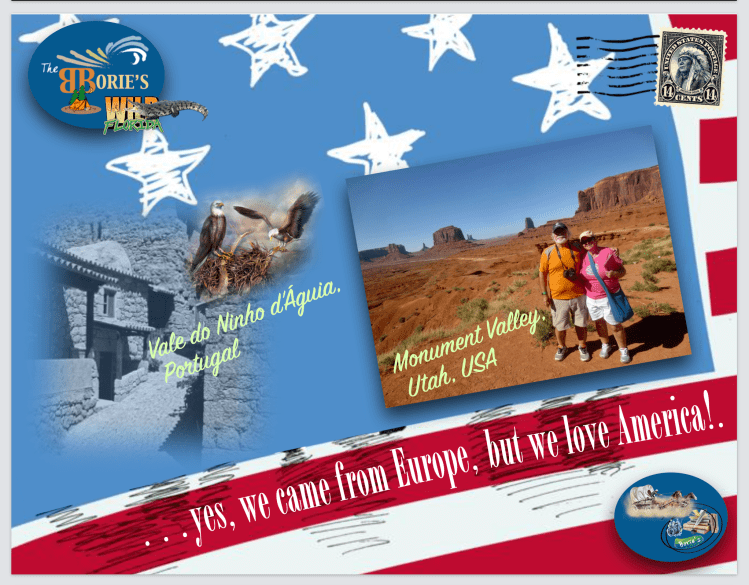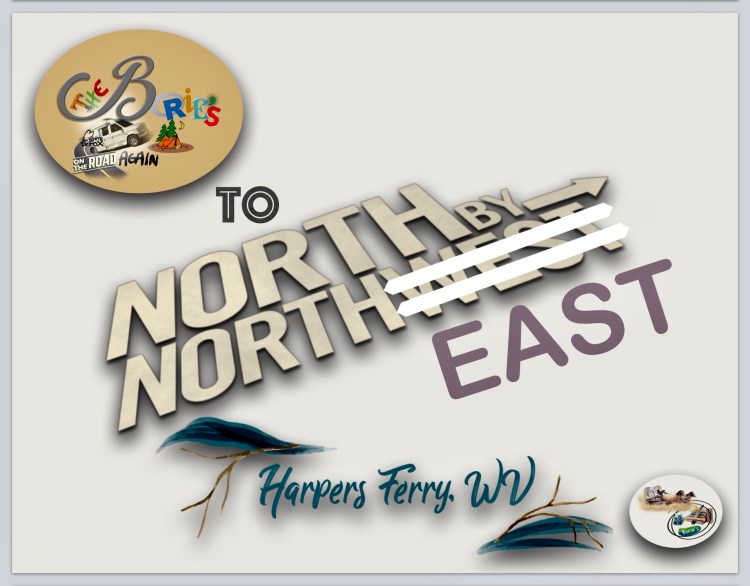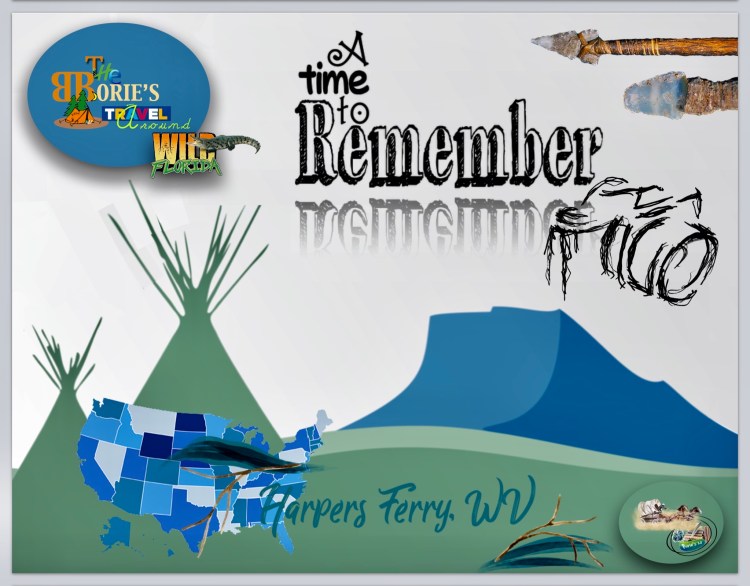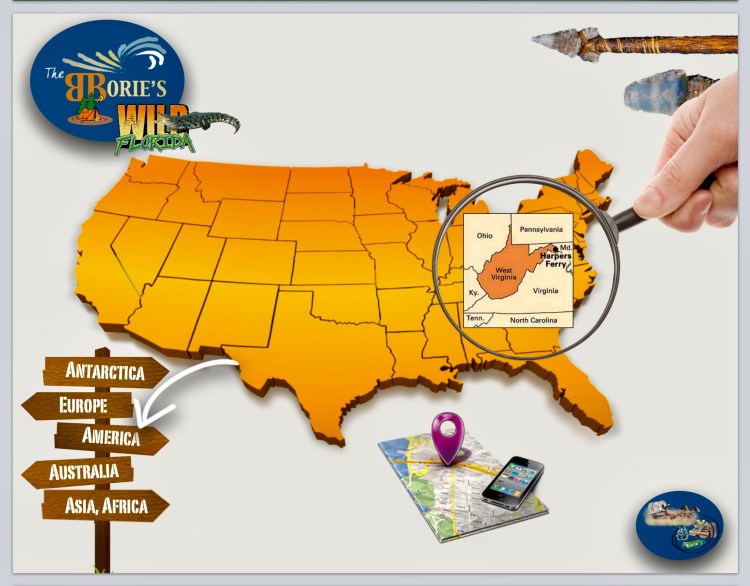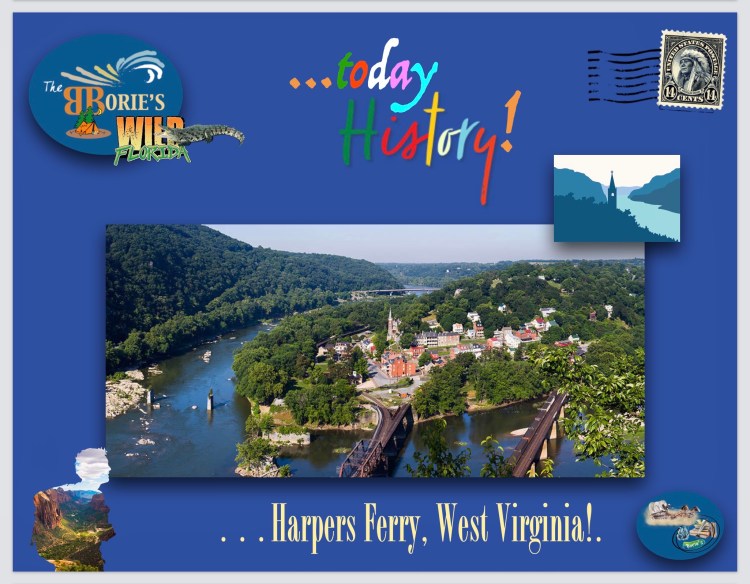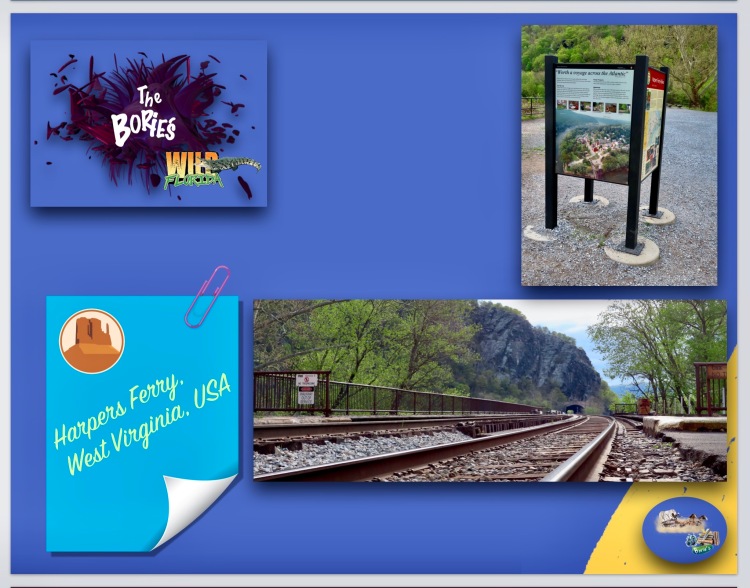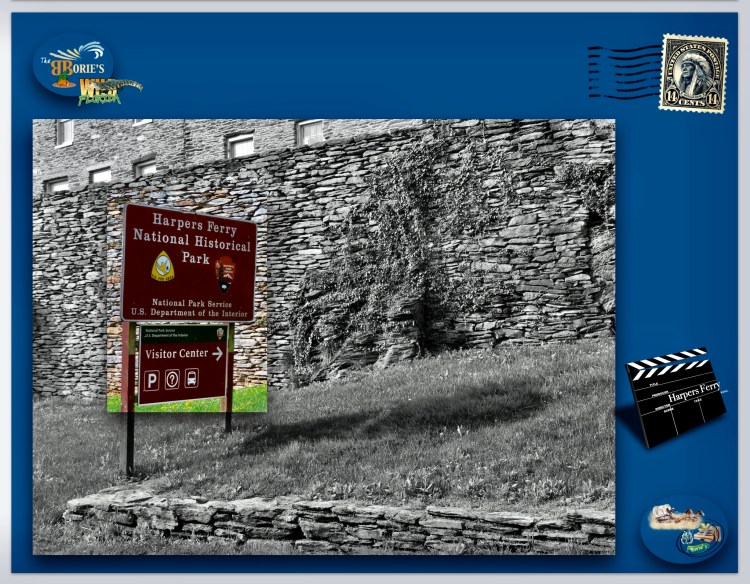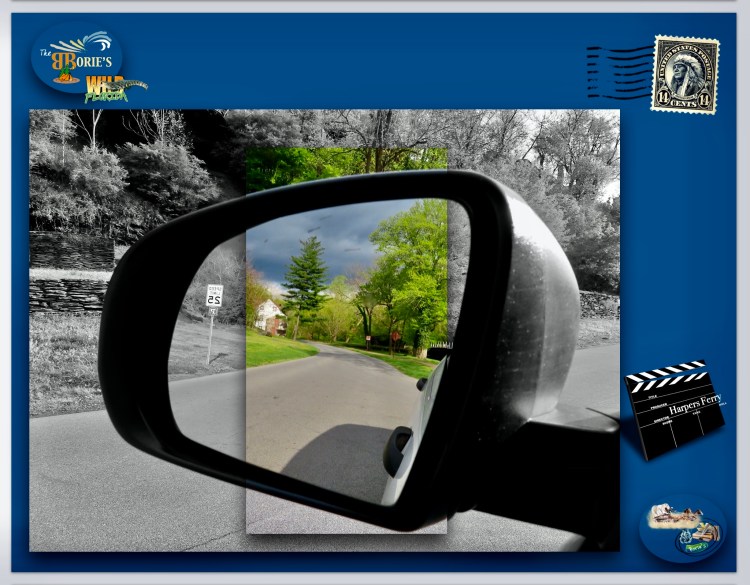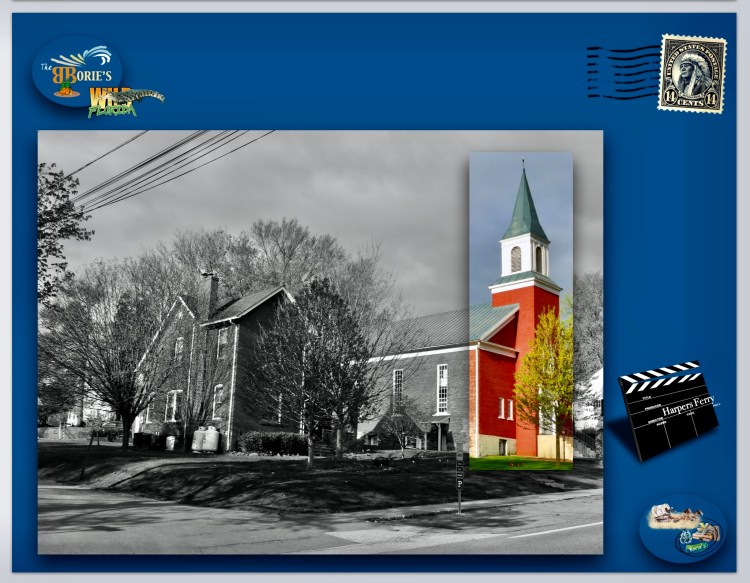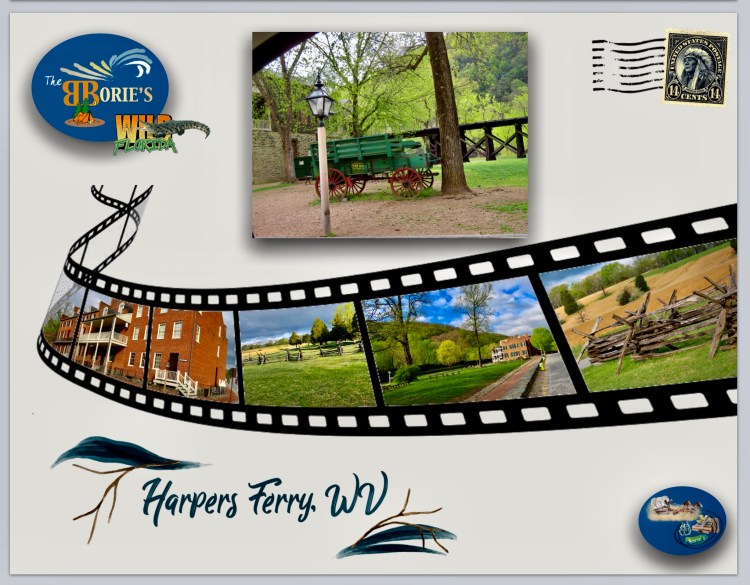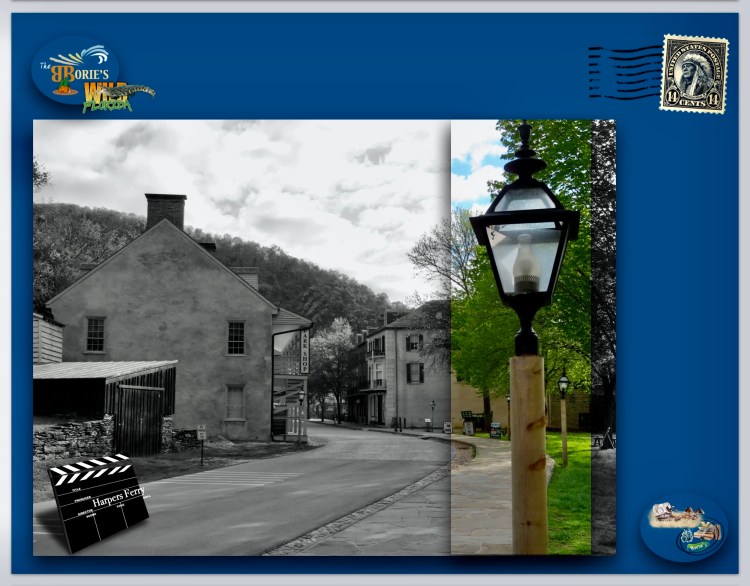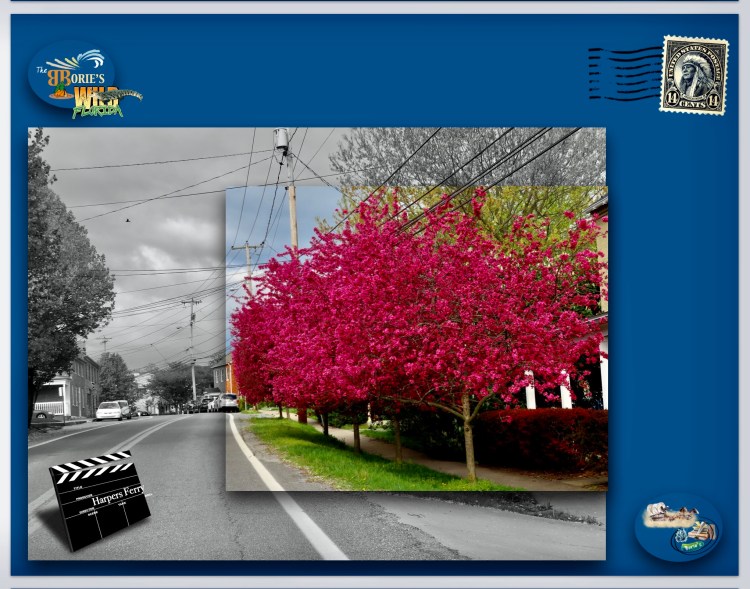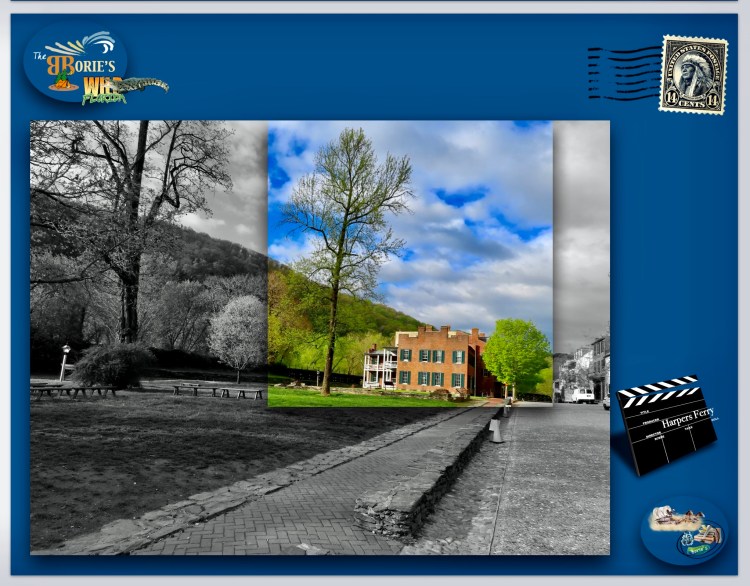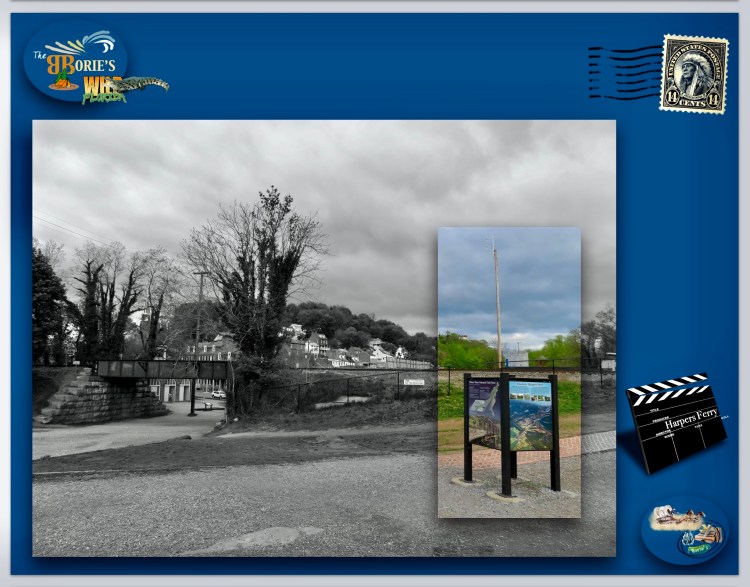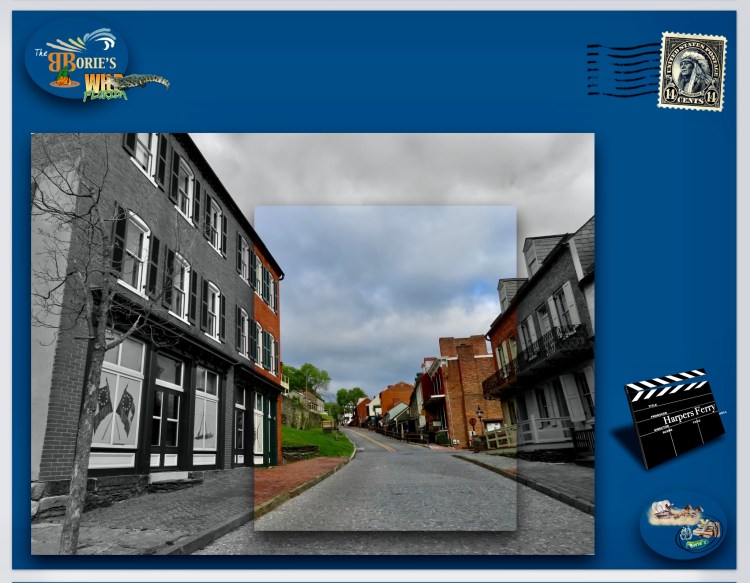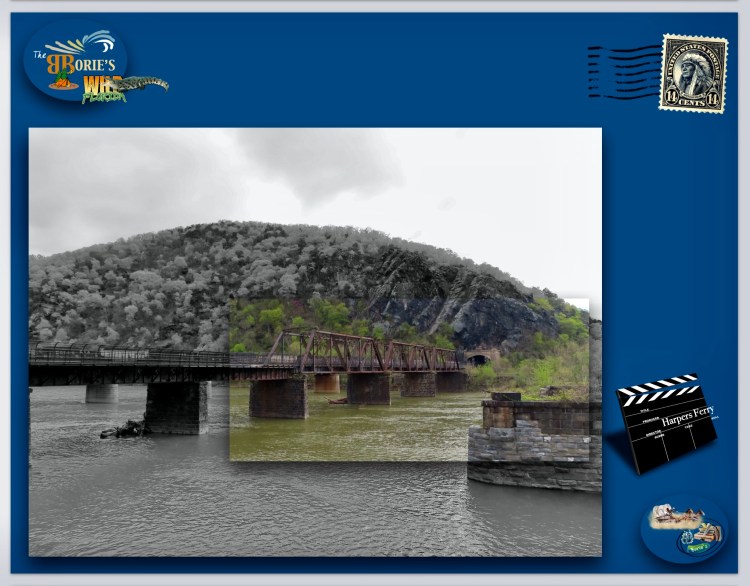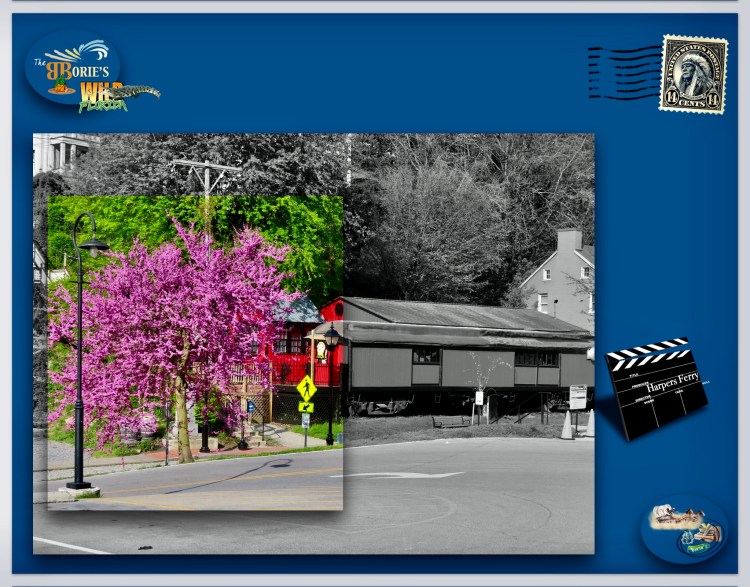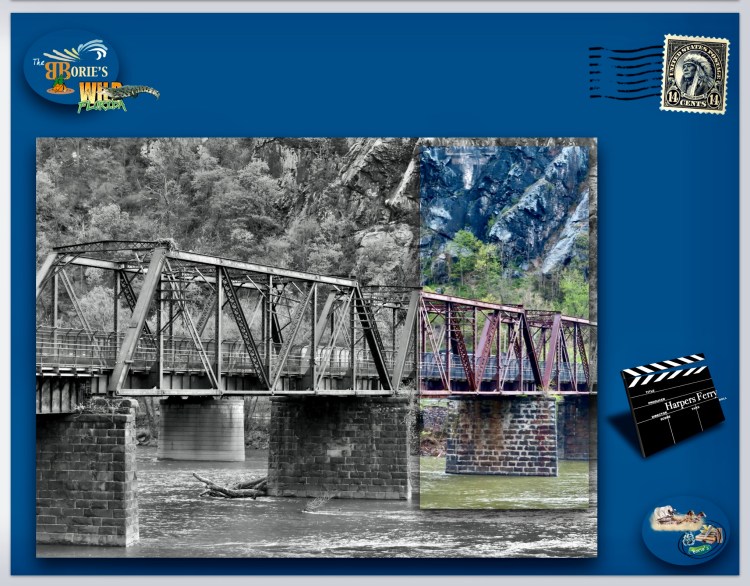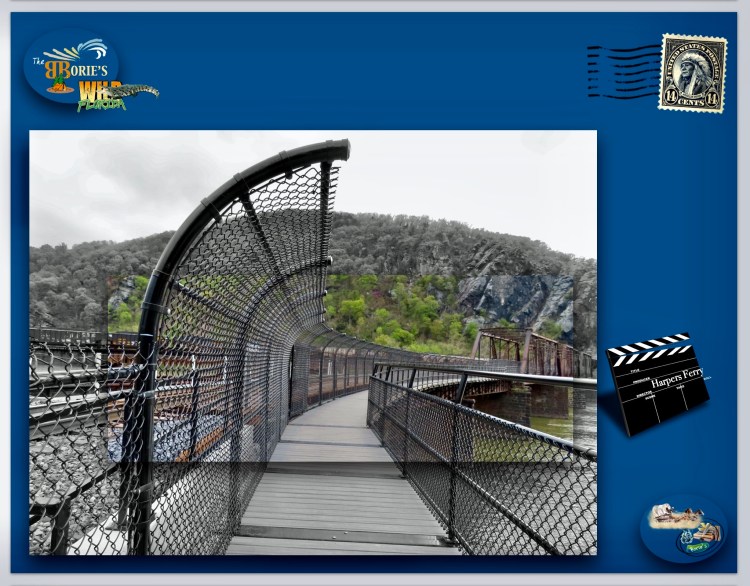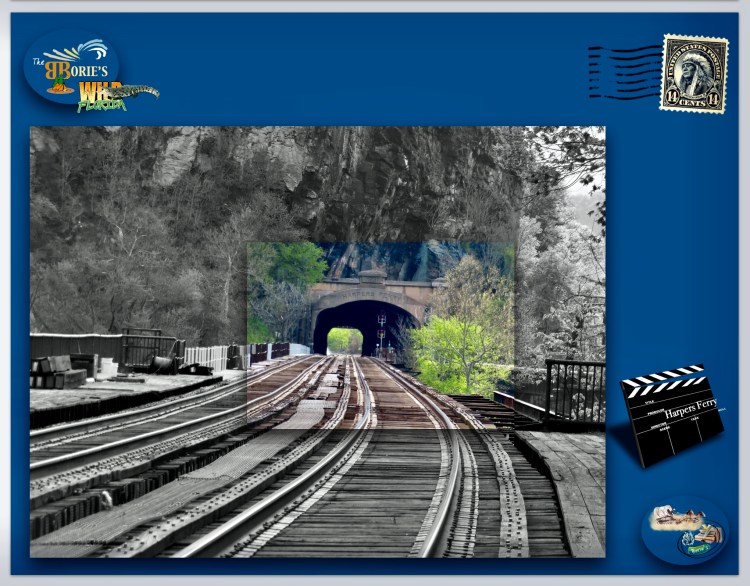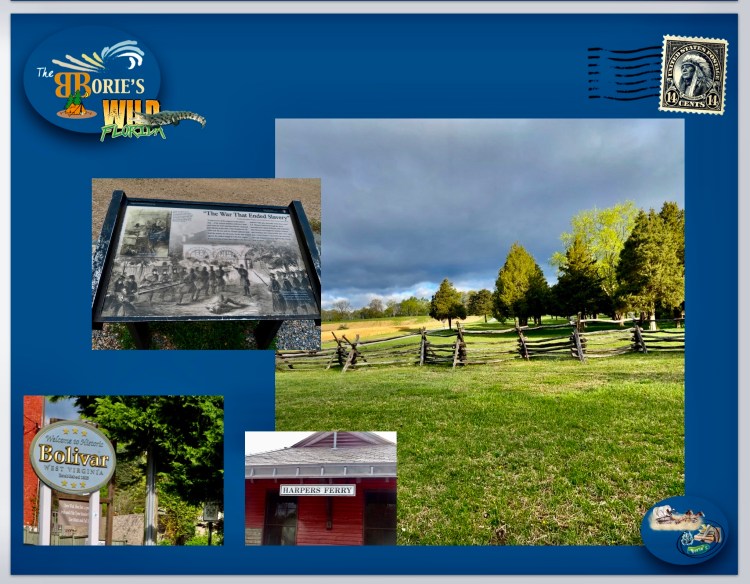
…éramos um soldado desarmado que, dada as nossas tarefas sabíamos mais do que devíamos saber mas, continuamos vivos, sendo hoje “um veterano de guerra”!. Fizémos coisas, passando momentos horríveis de desespero e angústia quando de ataques e emboscadas, ao local por onde estávamos ou passávamos, deixando por lá companheiros enterrados, por não os poder resgatar, cenários de combate que hoje ainda nos assombram pelo menos durante noite, não nos deixando dormir!. Ainda quase crianças, estivémos longe da nossa família, noutro continente, sacrificando a nossa liberdade, contribuindo para que vocês, novas gerações, podessem hoje viver em liberdade!. E fizémos tudo isto porquê?. Porque fizémos um juramento ao nosso país e, viveremos por este juramento até ao dia da nossa morte, porque somos e seremos sempre “um veterano de guerra”!.
(…we were an unarmed soldier who, given our tasks, knew more than we should have known, but we are still alive, being today “a war veteran”!. We did things, going through horrible moments of despair and anguish when attacked and ambushed, to the place where we were or passed, leaving companions buried there, for not being able to rescue them, combat scenarios that today still haunt us at least during the night, no letting us sleep!. Still almost children, we were far from our family, on another continent, sacrificing our freedom, contributing so that you, new generations, could today live in freedom!. And why did we do all this?. Because we have taken an oath to our country and we will live by this oath until the day we die, because we are and will always be “a war veteran”)!.
…voltamos a repetir a frase, “e tudo isto porquê?. Porque o país onde nascemos que dá pelo nome de Portugal, depois de 500 anos de domínio colonial, não só não conseguiu produzir nenhum governador negro, director, inspetor de polícia ou professor, mas também não conseguiu produzir um único comandante de patente sénior nas suas forças Armadas!. Como tal, por várias gerações, os ditos administradores coloniais portugueses foram vítimas do legado de suas próprias políticas discriminatórias, beneficiando e enriquecendo algumas élites, onde se incluiam alguns governantes, limitando a população local na educação, o que, em grande parte, barrou negros africanos indígenas de uma educação igual e adequada até bem depois do início da sua insurgência!.
(…we repeat the phrase, “and why is this?. Because the country where we were born, which gives the name of Portugal, after 500 years of colonial rule, not only failed to produce a black governor, director, police inspector or teacher, but it also failed to produce a single senior patent commander in his armed forces!. As such, for several generations, the so-called Portuguese colonial administrators were victims of the legacy of their own discriminatory policies, benefiting and enriching some elites, which included some rulers, limiting the local population in education, which, in large part, barred blacks indigenous Africans with an equal and adequate education until well after the start of their insurgency)!.

…e uma das vítimas fomos nós, antigos combatentes da Guerra Colonial Portuguesa, sendo mobilizados, forçados e treinados para combate, para ir lutar contra pessoas que nunca antes tínhamos visto e nada tínhamos em contra, tal como a população local, que ficou a viver num cenário onde uma das partes mais trágicas, talvez para alguns esperançosa, era a cara da necessidade humana, era o doente abandonado, a família faminta, a criança que não sabia ler, eram homens e mulheres, alguns sem abrigo, com roupa em farrapos, lutando pela sobrevivência, numa terra muito rica e com um solo muito fértil!.
(…and one of the victims was us, former combatants of the Portuguese Colonial War, being mobilized, forced and trained to fight, to go and fight against people we had never seen before and had nothing against, just like the local population, who lived in a scenario where one of the most tragic parts, perhaps for some hopeful, was the face of human need, it was the abandoned patient, the hungry family, the child who could not read, they were men and women, some homeless, with clothes in tatters, fighting for survival, in a very rich land with very fertile soil)!.
…e, no nosso caso fomos parár à então província colonial da Guiné, viver uma guerra de guerrilha, que ficou denominada como “o Vietname de Portugal”, onde se iniciou um conflito, contra alguns movimentos armados que lutavam pela independência do seu território, querendo expulsar os Europeus que por lá andavam há mais de quinhentos anos, como acima já mencionámos!.
(…and, in our case, we went to the then colonial province of Guinea, to live a guerrilla war, which became known as “the Vietnam of Portugal”, where a conflict started, against some armed movements that were fighting for the independence of their territory, wanting to expel the Europeans who had been there for more than five hundred years, as mentioned above)!.
…lutávamos contra movimentos com guerrilheiros bem armados, bem treinados, bem liderados e equipados, que recebiam apoio substancial de portos seguros em países vizinhos, tornando assim as savanas, pântanos e rios da então Guiné, num cenário de combate, que a proximidade dos seus aliados perto da fronteira provaram ter uma vantagem significativa em fornecer uma superioridade táctica de combate, durante ataques transfronteiriços e missões de reabastecimento para os guerrilheiros desses movimentos armados, que lutavam pela independência daquele território, como acima já referenciámos!.
(…we fought against movements with well-armed, well-trained, well-led and equipped guerrillas, who received substantial support from safe ports in neighboring countries, thus making the savannas, swamps and rivers of then Guinea, a combat scenario, that the proximity of their allies close to the border proved to have a significant advantage in providing tactical superiority in combat, during cross-border attacks and resupply missions for the guerrillas of these armed movements, who were fighting for the independence of that territory, as we have already mentioned)!.
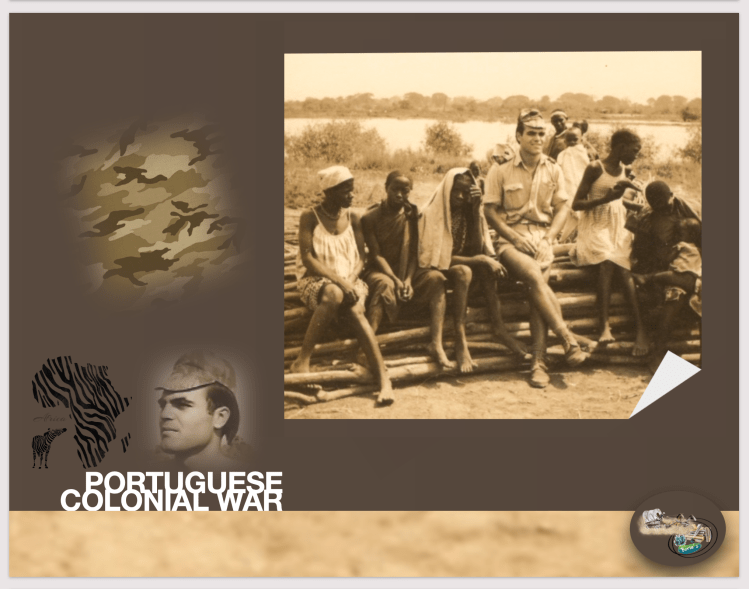
…este conflito armado, envolvendo os guerrilheiros e o Exército Português provaria ser o mais intenso e prejudicial de todos os conflitos na Guerra Colonial Portuguesa, bloqueando as tentativas portuguesas de pacificar o território, porque entretanto apareceu mais do que um movimento armado e insurgente, mas muito activos, pelo menos no norte do território, que também lutava pela independência e, a luta foi-se intencificando, espalhando-se para a parte oriental e sul do território, e claro, depois começaram a receber abertamente outros apoios não só militares, de outros países não fronteiriços, e claro, além das populações rurais que iam aderindo a esses movimentos de libertação!.
(…this armed conflict, involving guerrillas and the Portuguese Army would prove to be the most intense and damaging of all conflicts in the Portuguese Colonial War, blocking Portuguese attempts to pacify the territory, because in the meantime more than an armed and insurgent movement has appeared, but very active, at least in the north of the territory, which was also fighting for independence and, the struggle was intensified, spreading to the eastern and southern part of the territory, and of course, afterwards they began to openly receive other support, not only military, from other non-border countries, and of course, in addition to the rural populations that were joining these liberation movements)!.
…quando regressámos à Europa em Maio de 1966, já era difícil transitar de uma aldeia ou vila para outra sem ser acompanhados por colunas das forças armadas, onde frequentemente havia emboscadas, onde muitos dos nossos companheiros morreram, ficando por lá para sempre, embrulhados no seu camuflado, perfurado pelas balas e sujo com o seu próprio sangue!.
(…when we returned to Europe in May 1966, it was difficult to move from one village or town to another without being accompanied by armed forces columns, where there were often ambushes, where many of our comrades died, staying there forever, wrapped up in the his camouflage, pierced by bullets and dirty with his own blood)!.

…mas o mais lamentável é que, tal como já por diversas vezes referimos nos nossos escritos, os famintos, os doentes, os analfabetos e a miséria que naquela época eram constantes, infelizmente continuaram, mesmo depois, quando parecia que já havia paz, fazendo-me lembrar que defacto nós os militares de Portugal, saímos de África físicamente, mas possívelmente não trouxémos as armas, as bombas e as balas, deixando lá apenas, como seria nossa inteira obrigação, todas as maravilhosas armas da paz do século XX!.
(…but the most regrettable thing is that, as we have already mentioned several times in our writings, the hungry, the sick, the illiterate and the misery that were constant at that time, unfortunately continued, even afterwards, when it seemed that there was peace, making remind me that we, the military of Portugal, left Africa physically, but possibly we did not bring the weapons, bombs and bullets, leaving there, as would be our entire obligation, all the wonderful weapons of peace of the 20th century)!.
…e, quando regressámos à Europa, ao fim de dois longos anos, como veteranos de guerra, passando por algumas experiências de vida mais traumáticas que se possam imaginar, a família que nos recebeu, sabia, notava imediatamente, que alguma coisa estava mal connosco, pela nossa linguagem, maneira de nos comportar, que estávamos diferentes, talvez um pouco loucos e algo agressivos!.
(…and when we returned to Europe, after two long years, as war veterans, going through some of the most traumatic life experiences imaginable, the family that received us, knew, immediately noticed, that something was wrong with us, because of our language, the way we behave, that we were different, maybe a little crazy and a little aggressive)!.

…e claro, o mêdo ou talvez a coragem, que nos ajudou a sobreviver num campo de batalha, não funciona muito bem agora, nesta avançada idade, porque o pensamento caça-nos na vida!. Sim, ele, o pensamento anda sempre lá, por vezes ameaçando a nossa consciência, a memória ainda existe hoje, enterrada lá no fundo, é parte antiga do também já um pouco selvagem, mas que ainda vamos dominando, que é presentemente o nosso cérebro, lembrando-nos constantemente o desastre que foi a Guerra Colonial Portuguesa, em África!.
(…and of course, fear or perhaps courage, which helped us to survive on a battlefield, does not work very well now, at this advanced age, because thought hunts us in life!. Yes, he, the thought is always there, sometimes threatening our conscience, the memory still exists today, buried deep inside, it is an old part of the already a little wild, but that we are still dominating, which is presently our brain , constantly reminding us of the disaster that was the Portuguese Colonial War, in Africa)!.
Tony Borie, Século XXI. (Tony Borie, 21st Century).

